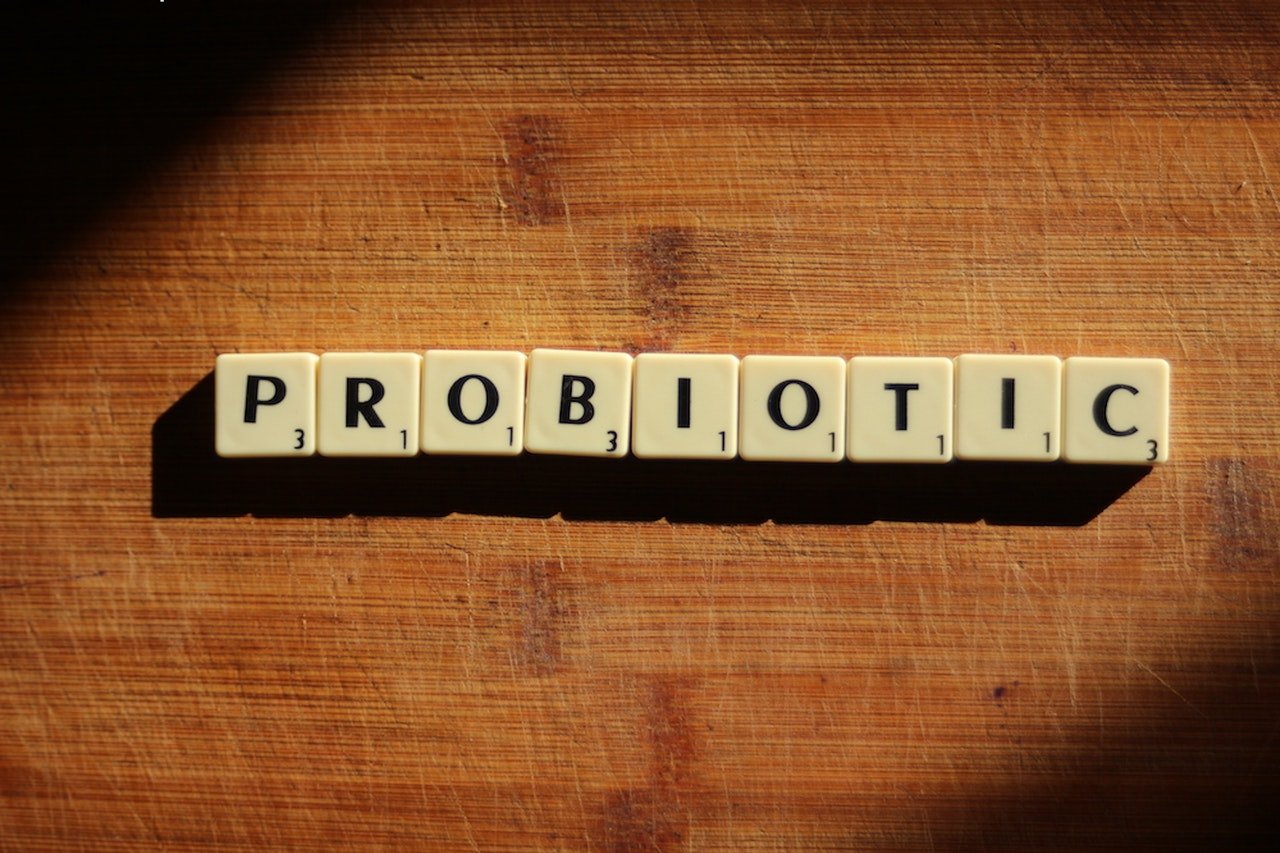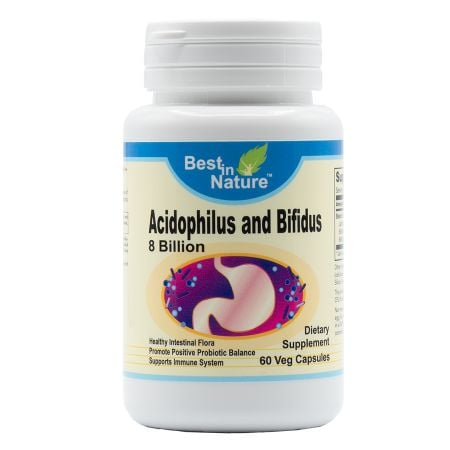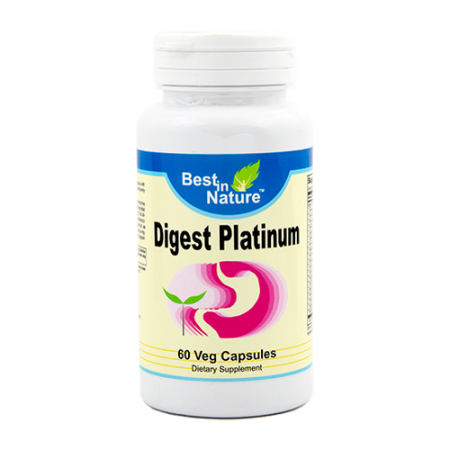
How to Take Probiotics Properly
Are you wondering how to take probiotics properly?
Taking probiotics can improve your health greatly. However, if you don’t take them the right way, you may not get the benefits. In fact, it could make things slightly worse.
Keep on reading for our full guide to learn for taking probiotics properly.
[Related: Should You Take Probiotics with Antibiotics?]
What are Probiotics?

We have 30 to 390 trillion bacteria living in our bodies. While many people think of bacteria as harmful, the truth is, a lot of bacteria are good for our bodies.
Most of the bacteria reside in the gut and are completely harmless. Some are even helpful, while a small number of bacteria can cause disease.
Having the right bacteria balance has been linked to numerous health benefits, including:
- Weight loss
- Enhanced immune function
- Improved digestion
- Reduced risk of some diseases
- Healthier skin
Probiotics are a friendly type of bacteria and yeast that can offer numerous health benefits particularly, better digestion. You can get many of them from the foods you eat with fermented foods providing the most and you can also get them from supplements.
[Related: Bone and Joint Strengthening Superfoods]
What Foods Contain Probiotics?

Foods that contain probiotics include:
- Yogurt
- Kefir
- Tempeh
- Kimchi
- Sauerkraut
- Pickles
- Kombucha
- Miso
- Some types of cheese
- Traditional buttermilk
As we mentioned earlier, you can also take probiotics as a supplement. Or, you can even take probiotic shots if you want to get them into your system quickly and don’t enjoy the taste of the above foods.
Do anti-aging supplements really slow down the aging process? Click here to find out!
When is the Best Time to Take Probiotics?
The best time to take probiotics is in the morning on an empty stomach. This will ensure that the good bacteria get to the gut as quickly as possible. You can also take probiotics before you go to sleep at night.
Keep in mind that you can’t just take one probiotic supplement and expect your gut to be healed. Consistency is key, so we recommend taking your probiotics at the same time every day to make it easy to remember.
Also, if you find that taking probiotics on an empty stomach causes nausea, you may want to consider taking them with food.
Meal Composition and Probiotics

The microorganisms in probiotic supplements are tested to ensure they can handle the conditions of your stomach and intestines.
However, taking probiotics with certain foods may help optimize their effects. One study found that taking probiotics with low-fat milk or oatmeal improved the survival rate of microorganisms compared with only taking them with water or juice.
Another study found that eating small amounts of fat beforehand may improve the survival rate of bacteria in the digestive tract.
Certain probiotic bacteria may also survive better alongside sugar or carbs, as they rely on glucose when they’re in an acidic environment.
Common Mistakes When Taking Probiotics
To get the most out of your probiotic consumption, avoid these common mistakes:
- Leaving your probiotics on the shelf when they require refrigeration
- Not taking a high enough dose
- Only taking them for a few days then quitting
- Choosing a probiotic strain that hasn’t been studied for the health areas you want to improve
Also, if you suffer from IBS, you shouldn’t take probiotics that contain prebiotics. Some prebiotics can cause constipation and diarrhea for those with IBS.
How to Make the Most Out of Your Probiotic Supplements
In addition to avoiding the above common mistakes, here are some tips to make the most out of your probiotic supplements:
- Choose the right probiotic for your condition: You should consult a gastroenterologist or dietician to figure out what probiotic is right for your body.
- Follow the Dosing Directions: While it may be tempting to take an extra dose for extra benefits, this is not how it works. Follow the dosing directions for best results.
- Give Them Time: You should give your probiotics at least a month to take effect before you switch to something else.
- Check the Expiration Date: If the probiotics have expired, throw them out. While taking expired probiotics likely won’t cause any harm, they’ll be ineffective.
Also, remember to check the probiotics label carefully. Probiotic strength is measured in colony-forming units. This refers to the number of colonies of bacteria in the product. However, more CFUs don’t necessarily mean better.
The number of CFUs you need will depend on the condition you’re trying to treat.
What Should You Do if Your Symptoms Worsen?

If you’ve been taking probiotics consistently and your symptoms only seem to be getting worse, then consider taking a half dose rather than a full dose per day. You may need to build up your tolerance.
You may also want to try switching brands or switching the time of day when you take probiotics. Some probiotics can take a couple of months to kick in, so be patient and consider giving them a little more time.
Also, keep in mind that probiotics aren’t a substitute for a healthy diet and exercise. You should still be eating probiotic-rich foods, drinking plenty of water, and exercising regularly.
[Related: Exercise and Brain]
Time to Take Probiotics
Now that you know how to take probiotics properly, it’s time to get started. As we mentioned earlier, there are various ways you can consume probiotics and various supplements available. Now, you need to find the right ones for you.
This article is provided for informational purposes only and is not intended to be used as medical advice. If you have immediate concerns about your health and digestion, please seek the help of your physician.
*These statements have not been evaluated by the Food and Drug Administration. This product is not intended to diagnose, treat, cure or prevent disease.
© 2021 Best in Nature All rights reserved






Validate your login
Sign In
Create New Account